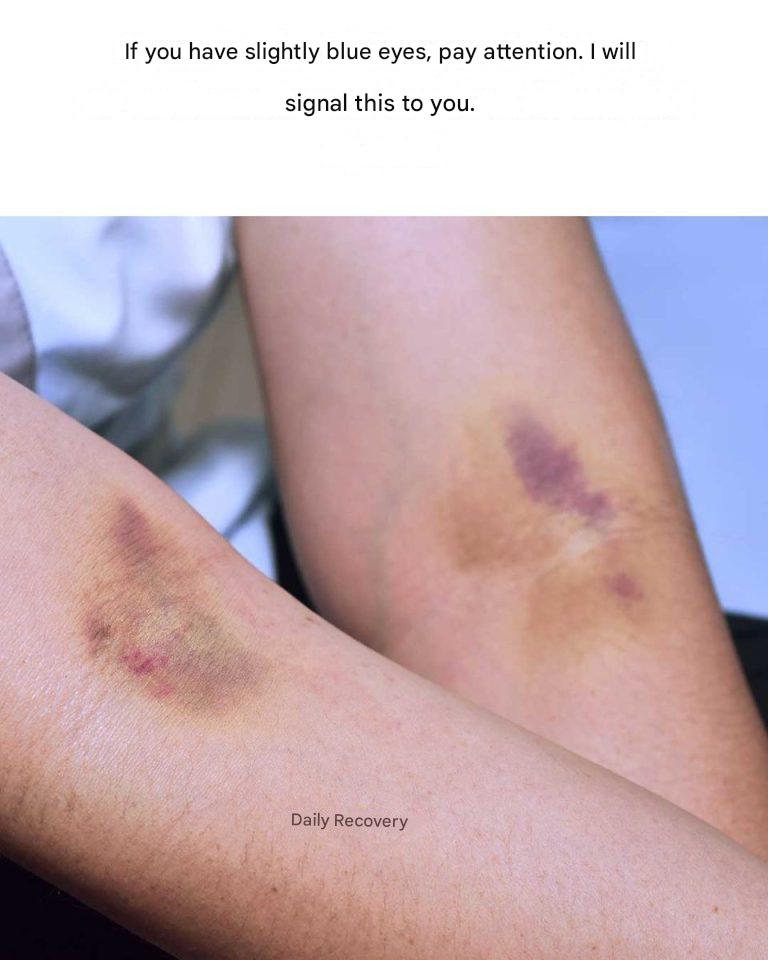Common Causes of Easy Bruising
Several factors can make bruising more likely:
-
Fragile blood vessels: This can be inherited or develop with age, making the skin more prone to bruising.
-
Minor injuries: Everyday bumps or light impacts can lead to noticeable bruising—often without even realizing it.
-
Underlying health conditions: Conditions affecting your liver, blood clotting, or platelet function can increase bruising risk.
-
Lifestyle choices: Excessive alcohol consumption or smoking weakens blood vessels over time, increasing vulnerability to bruises.
Nutritional Deficiencies and Bruising
A lack of certain vitamins and nutrients can play a role in weakened blood vessel walls and impaired healing, leading to frequent bruising. For instance, a deficiency in vitamin C can make your skin more susceptible to damage, while low levels of vitamin K can interfere with proper blood clotting.
Final Thoughts: When Bruising May Signal More
While most bruises are benign and resolve without treatment, frequent or unusually large bruises—especially without apparent cause—may warrant medical evaluation. Understanding how bruises form and the factors that affect them is the first step in assessing whether to seek medical advice or make lifestyle adjustments.
Common Causes of Easy Bruising
Several factors can make bruising more likely:
-
Fragile blood vessels: This can be inherited or develop with age, making the skin more prone to bruising.
-
Minor injuries: Everyday bumps or light impacts can lead to noticeable bruising—often without even realizing it.
-
Underlying health conditions: Conditions affecting your liver, blood clotting, or platelet function can increase bruising risk.
-
Lifestyle choices: Excessive alcohol consumption or smoking weakens blood vessels over time, increasing vulnerability to bruises.
Nutritional Deficiencies and Bruising
A lack of certain vitamins and nutrients can play a role in weakened blood vessel walls and impaired healing, leading to frequent bruising. For instance, a deficiency in vitamin C can make your skin more susceptible to damage, while low levels of vitamin K can interfere with proper blood clotting.
Final Thoughts: When Bruising May Signal More
While most bruises are benign and resolve without treatment, frequent or unusually large bruises—especially without apparent cause—may warrant medical evaluation. Understanding how bruises form and the factors that affect them is the first step in assessing whether to seek medical advice or make lifestyle adjustments.

